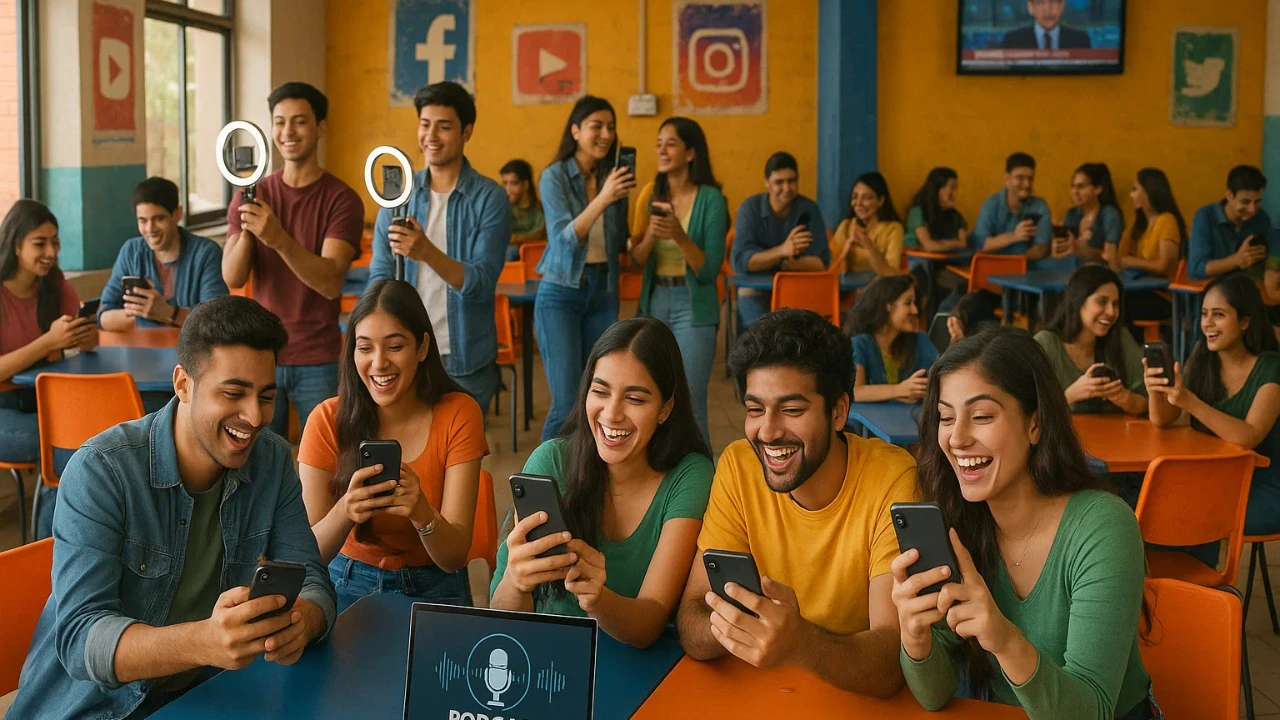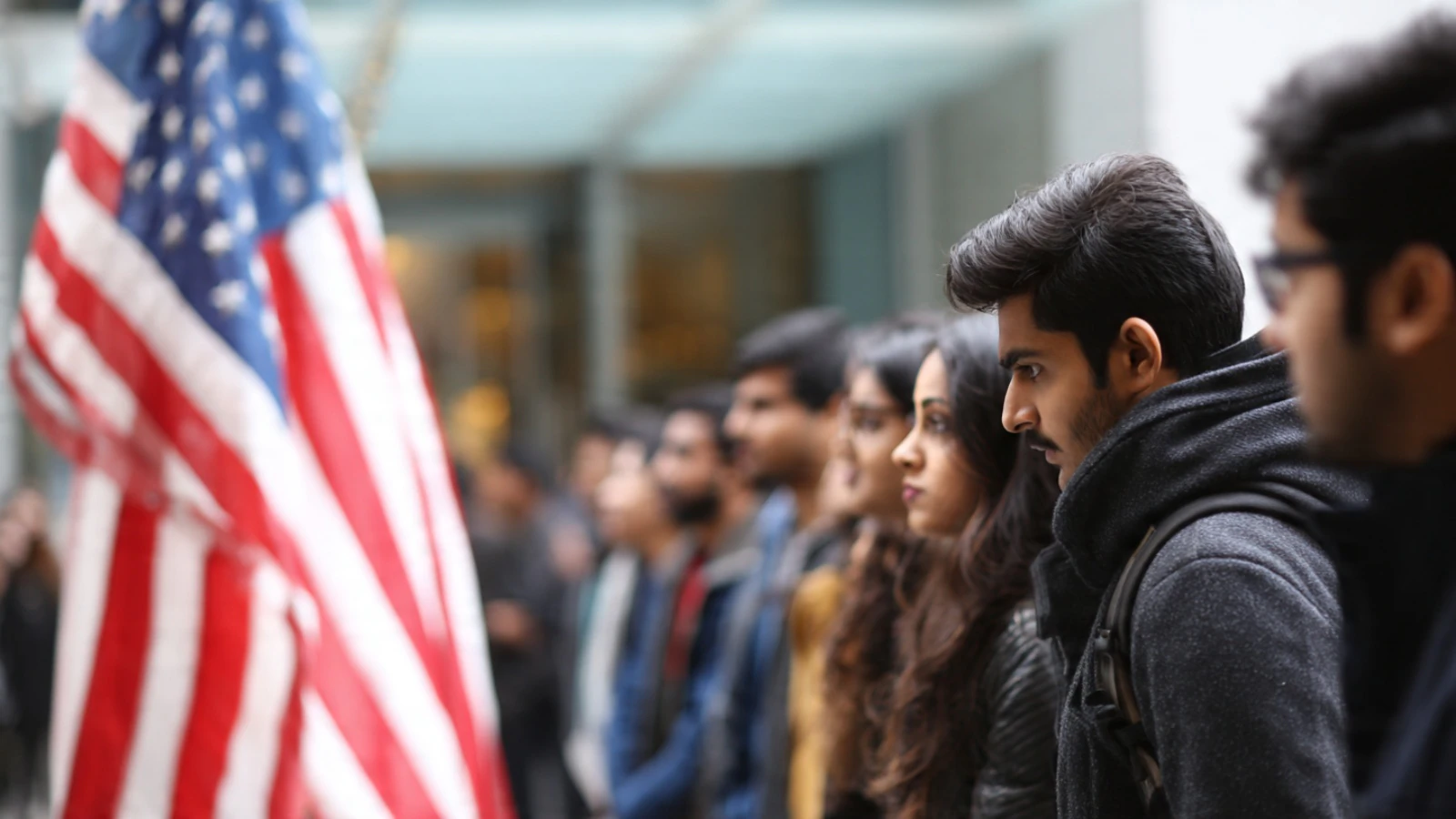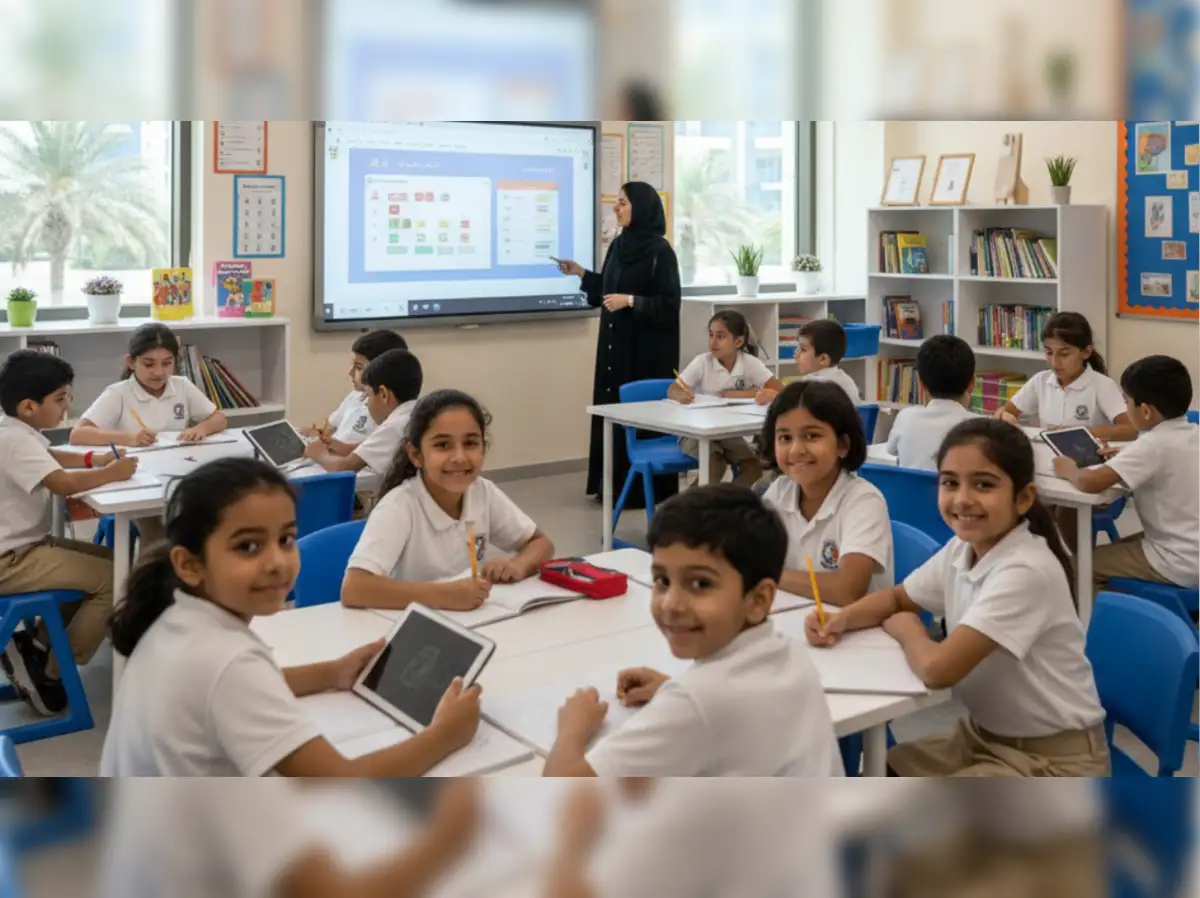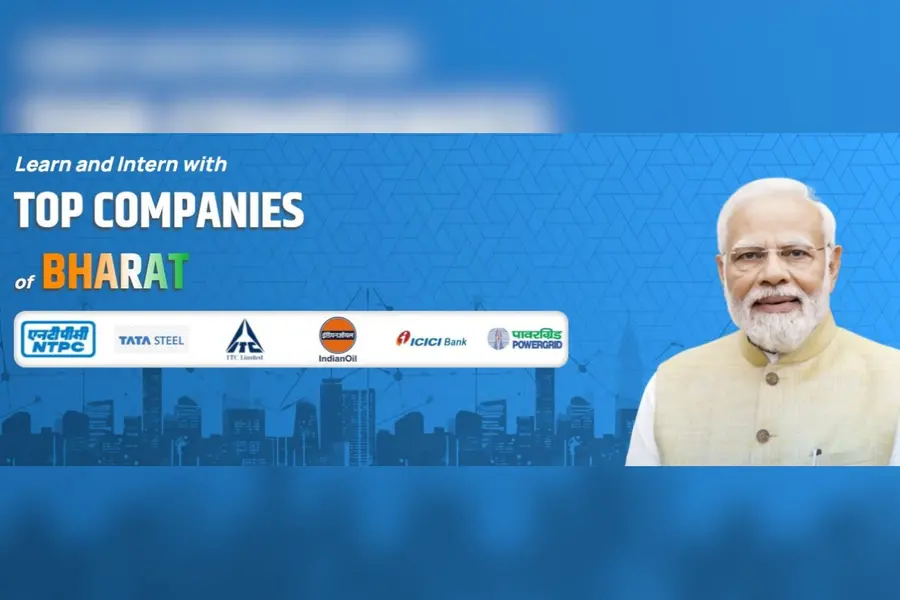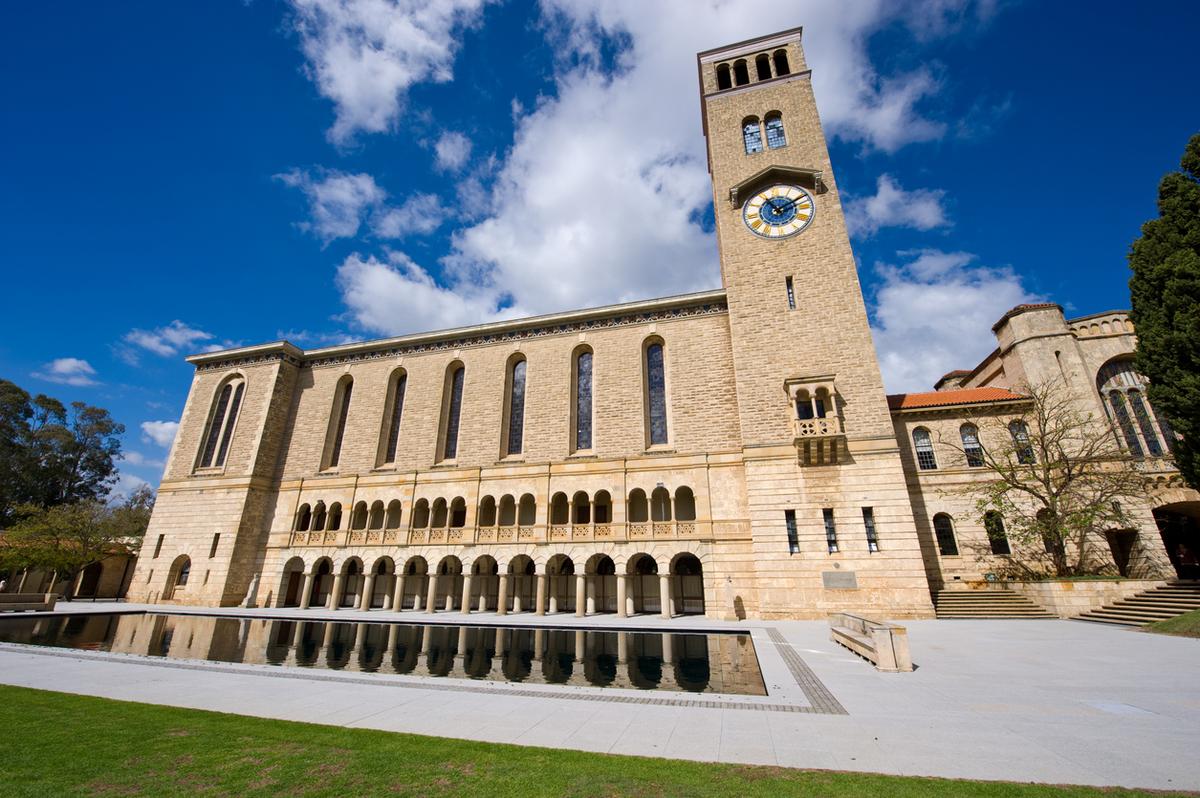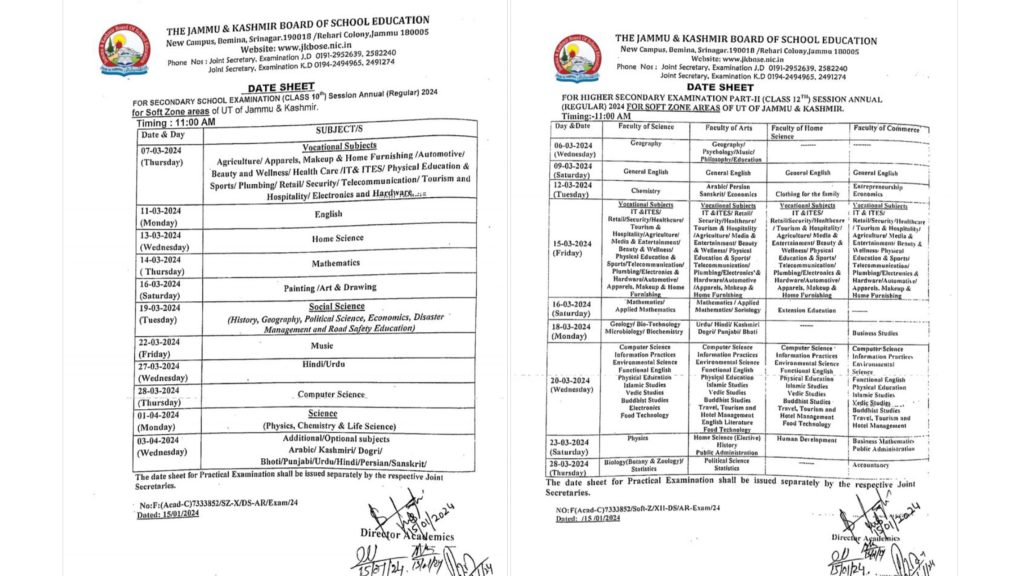Education
In Andhra government schools, individualized software increased learning rates: study
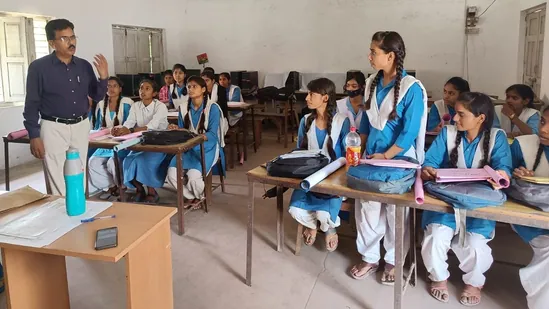

By Kajal Sharma - 09 Sep 2025 04:11 PM
According to an evaluation study conducted by researchers, including economist and Nobel laureate Michael Kremer, a personalized learning program implemented in government schools in Andhra Pradesh doubled the learning rates of its users.A student's learning level is determined by the Personalised Adaptive Learning (PAL) software, which is currently utilized on tablets in more than 1,200 schools around the state. Based on this evaluation, learning materials and quizzes are provided. It is intended to handle variations in learning levels and abilities within a class by customizing lessons to each student's level. ConveGenius was a partner of the Andhra Pradesh government.For kids in Classes 6 through 9, AI, an AI-powered adaptive learning solution platform, will launch their CG PAL in 2019.In an independent study of Andhra Pradesh's Personalised Adaptive Learning (PAL) model, researchers—among them Nobel Prize-winning economist Michael Kremer—found that students who used PAL with the aid of software that gamified mathematical concepts tailored to elevating the individual learning levels achieved learning gains worth 1.9 years of schooling, in comparison to students who did not use PAL.
On Monday, September 8, 2025, Professor Kremer was in New Delhi presenting the evaluation's results. "As compared to those students who did not use the software, students in Grades 7 to 9 who received the PAL program over two academic years (roughly 17 months) and spent 35.3 hours using the software to learn math concepts learned at almost double the rate," he told The Hindu. The assessment also included sixth-grade students.In order to conduct a Randomized Control Trial (RCT), Mr. Kremer and his team chose 60 government schools in Andhra Pradesh and split them into 30 schools that received the PAL intervention and had computer labs and tablets pre-loaded with PAL software from the Delhi NCR-based edtech company ConveGenius AI, and another 30 schools that were placed in a control group.




